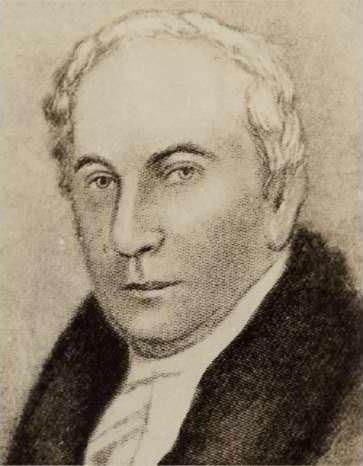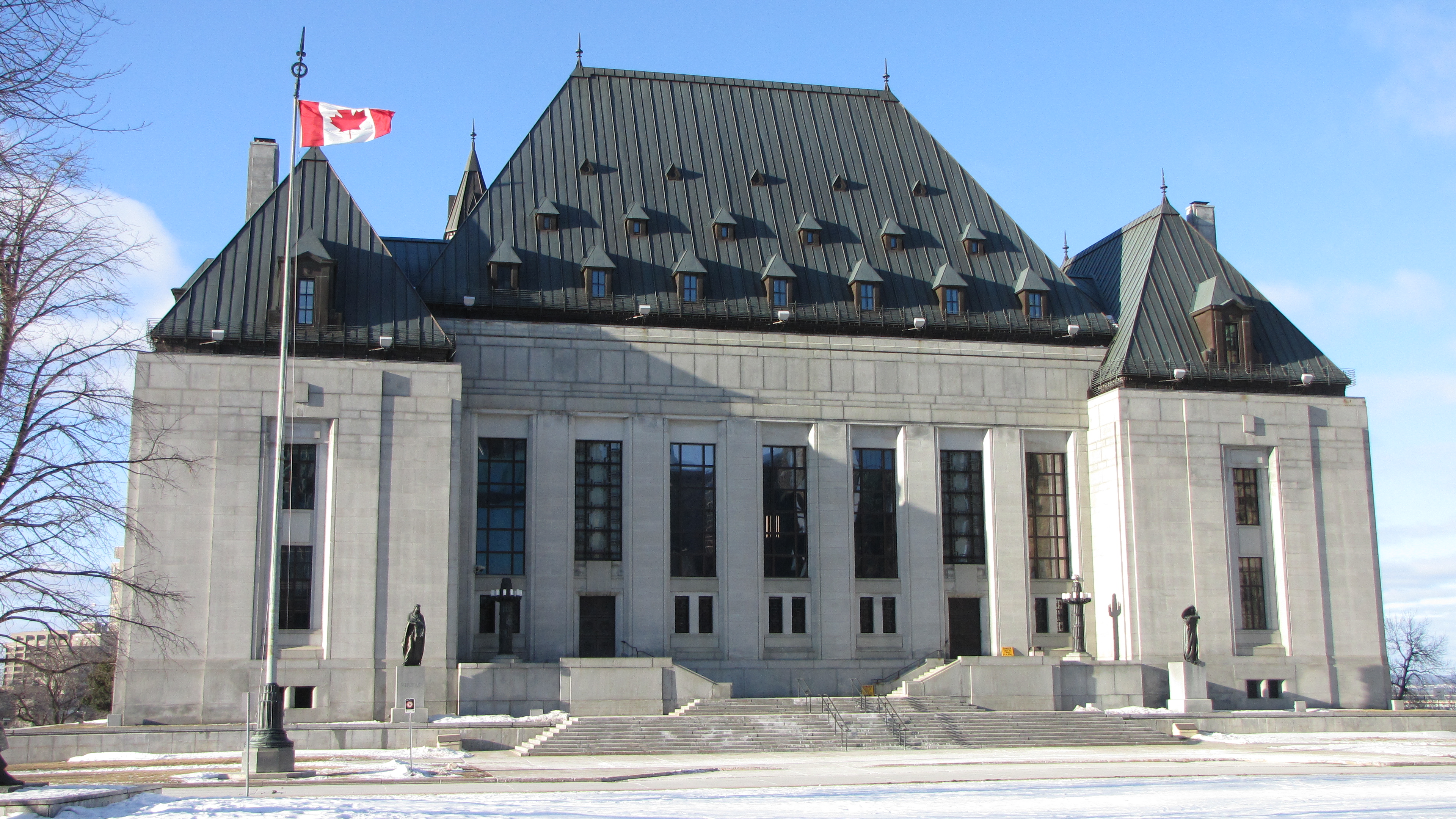It’s no secret that Canada is among the best places in all the world to live. But what makes it so?
Perhaps it is the democratic system of government that allows anyone – irrespective of gender, race, sexual orientation, or creed – to be elected to government and participate fully in the electoral process.
Maybe it’s the important measures we undertake in order to keep our workplaces safe and our jobs secure.
Or, it may very well be the diverse society that has been established as a result of our willingness to open our doors to those in need and to afford opportunity to people from all walks of life.
It’s all these reasons (and even more!) that make our country so great.
This list highlights a few of historical moments that helped us get to where we are today.

Ezekiel Hart – son of Canada’s first Jewish resident, Aaron Hart – was elected as Trois-Rivières Representative in the Legislative Assembly of Lower Canada in a by-election held on April 11, 1807. As a Jew, he refused to take his oath using the traditional Christian manner, and the assembly later resolved that he be removed from office as a result.
In 1808, when the general election was held, Ezekiel again won his seat in Trois-Rivières. This time, he agreed to take the oath of office in the Christian manner. When the assembly finally reconvened in 1809, Hart sat as a member for a few days before again being expelled by the assembly – this time because his oath was not seen as valid since he was indeed Jewish.
Though Ezekiel Hart did not run for office after that, his sons continued the battle he began in 1807 and, in 1832, Louis-Joseph Papineau enacted legislation granting Jewish Canadians full rights of citizenship, 25 years before the same rights were granted anywhere else in the British Empire.

Veterans returned home from WWI to find their positions filled and very few opportunities for work, resulting in increased unemployment rates and anti-immigrant sentiment. On May 15, 1919, after many failed attempts at negotiations, the Winnipeg General Strike, the largest act of public revolt in Canadian history, began. For six weeks, 30,000 strikers protested unemployment, unfair wages, and dismal working conditions.
Jewish activists Sam Blumenberg, Michael Charitinoff, and Moses Almazov were among five immigrants arrested for instigating the strike. Though it took decades for their efforts to fully be realized, their courage laid the groundwork for change and inspired future generations – like the Canadian Jewish Labour Committee in the 1930s and 40s – to continue the fight for better employment standards and workplaces that are free from discrimination.

Today, we take for granted the right to buy property anywhere we choose, but that was not always the case. As recently as the 1940s, agreements known as restrictive covenants were often used to ban religious or racial minorities from purchasing property were common.
In April 1948, when Jewish-Canadian Bernard Wolf signed an agreement to buy property in the exclusive Beach O’ Pines subdivision on the shores of Lake Huron, that all changed. Wolf challenged the covenant and, after it was upheld by the Provincial Court and the Court of Appeal, he brought the case all the way to the Supreme Court of Canada. In the end, the court voided the restrictions of the covenant, permitting Wolf to legally purchase the property, which he never used and sold in 1951, declaring he had fought for the land as a matter of principle.
In the meantime, bowing to public pressure resulting from the case, the Government of Ontario passed legislation voiding restrictive covenants entered into after March 24, 1950, opening the door to a more inclusive Canada.
